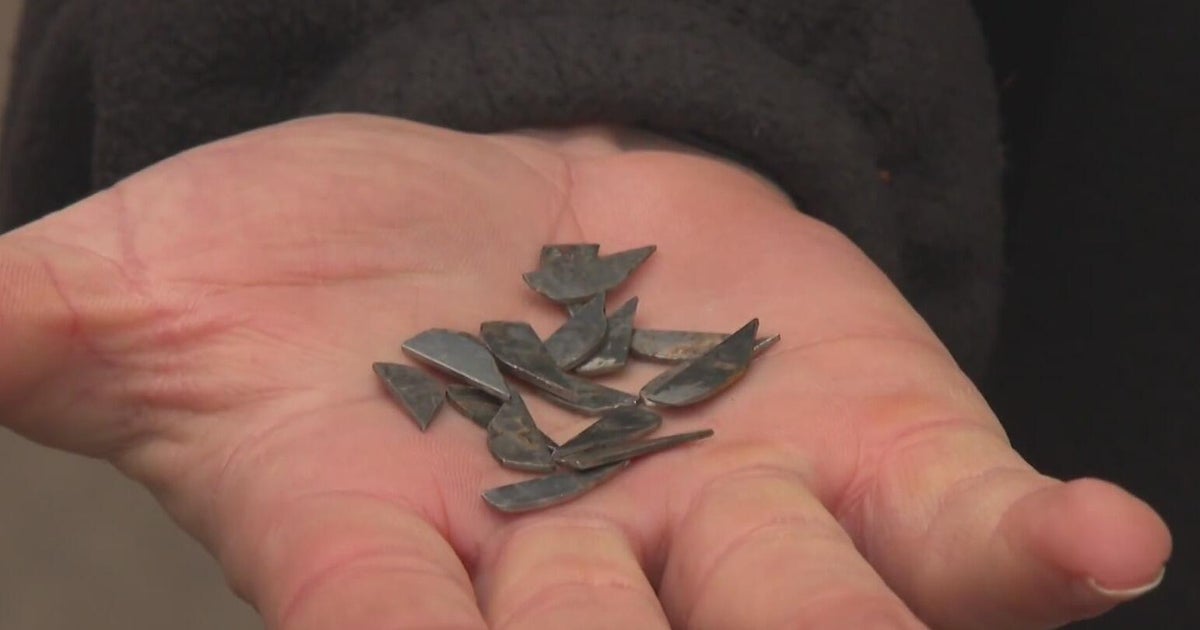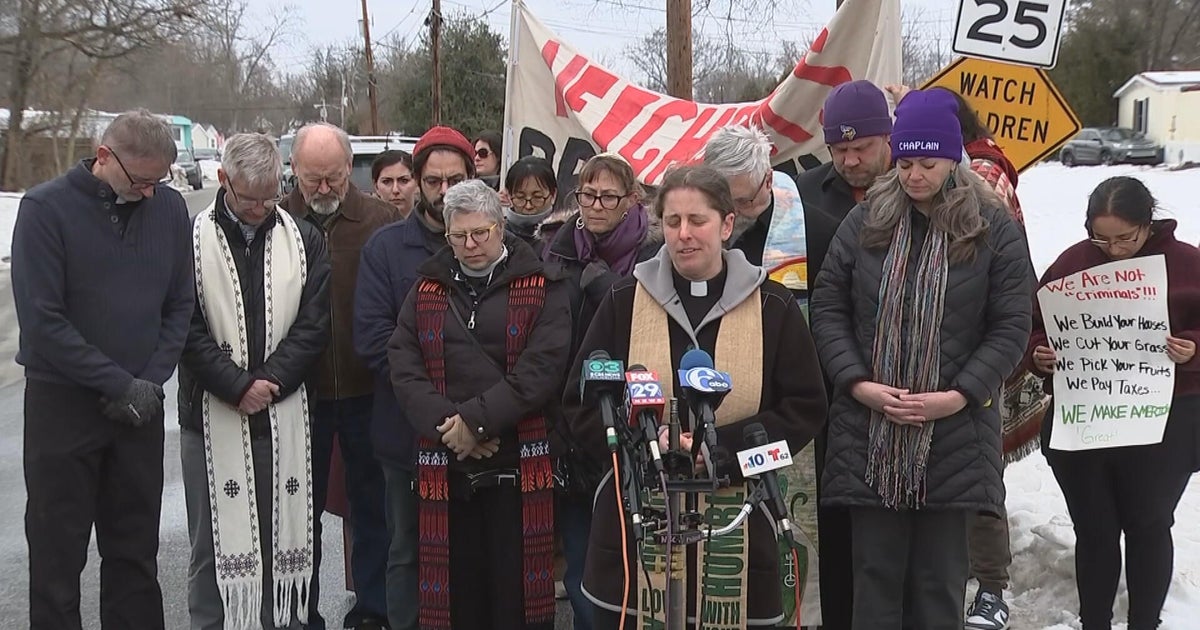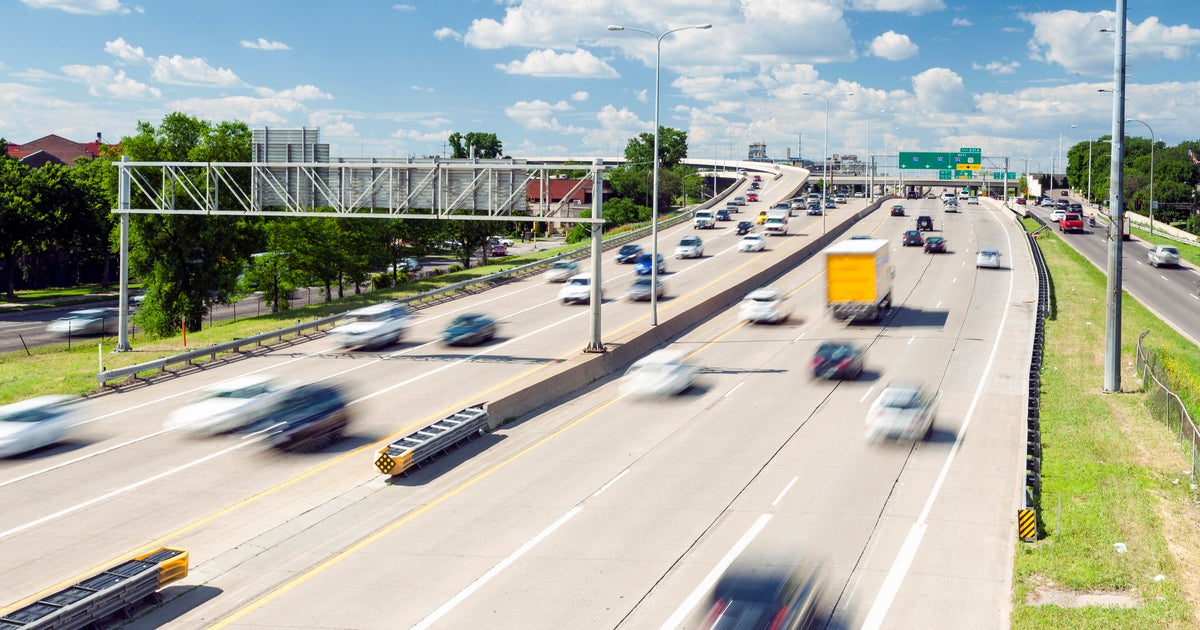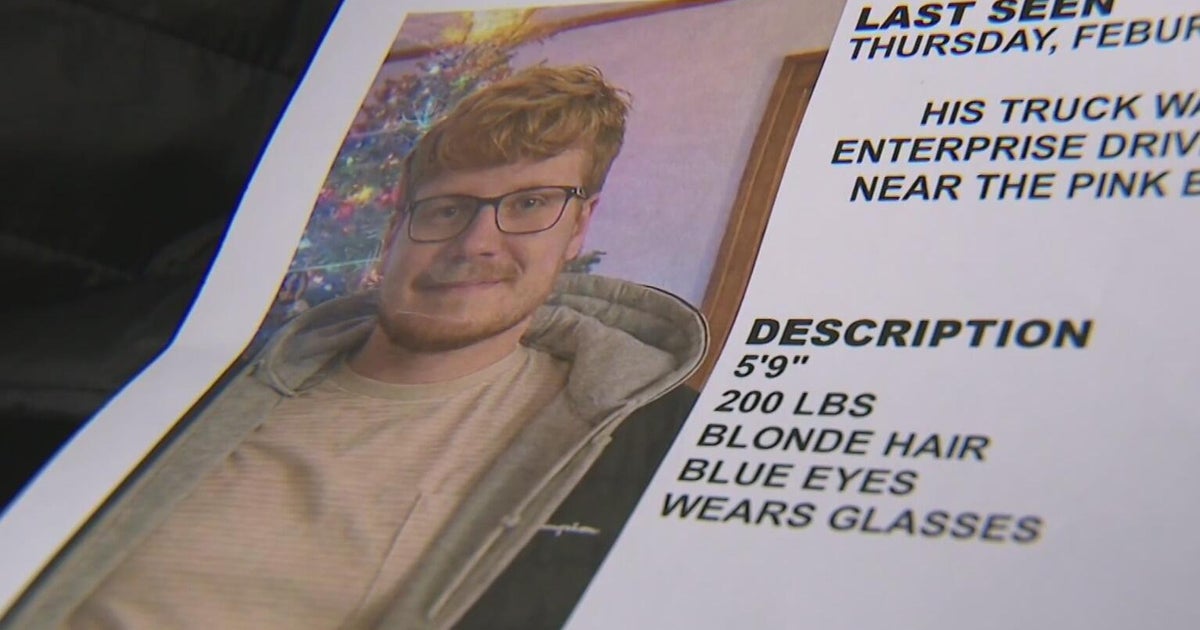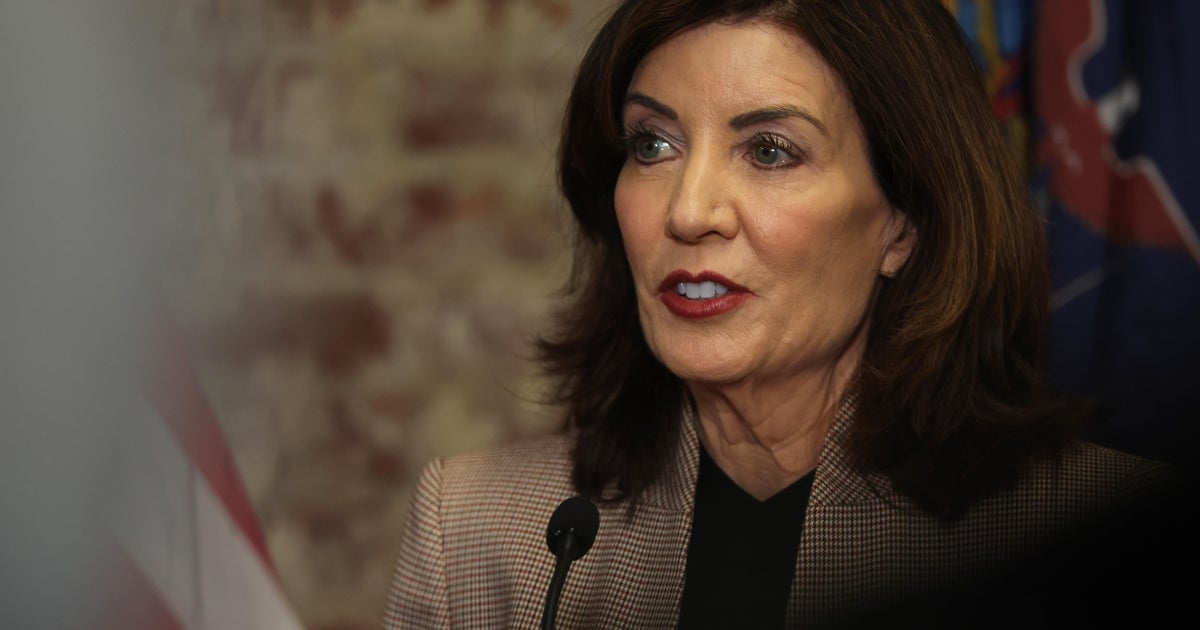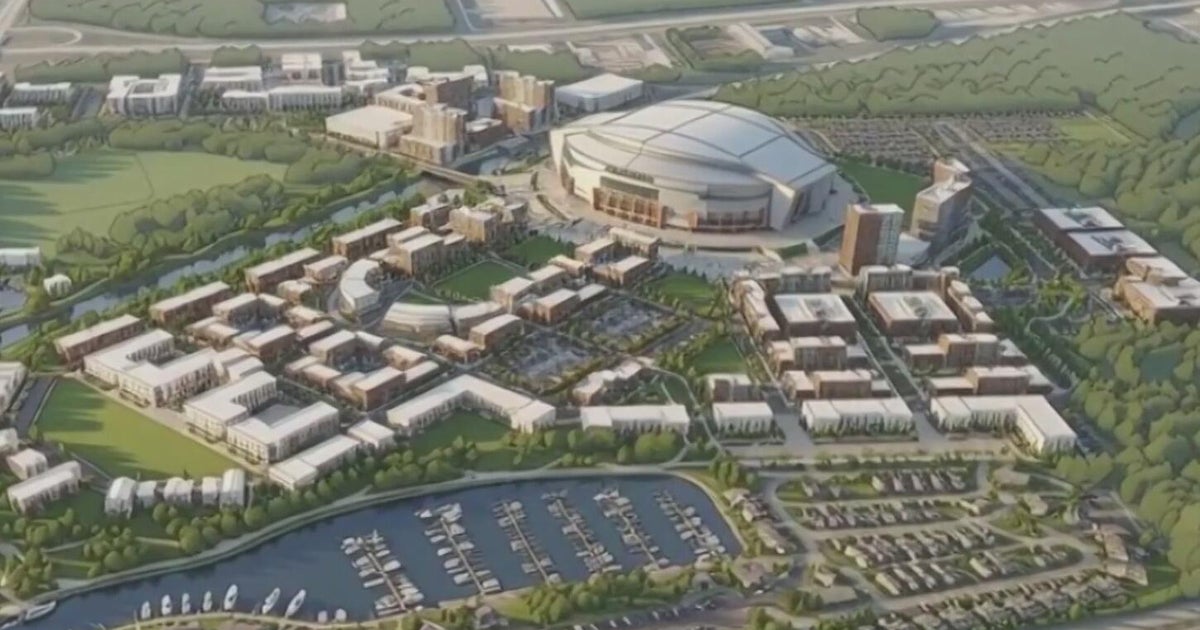New Technology Tries To Identify Problem Spots Before Landslides Happen
PITTSBURGH (KDKA) - Next week, it will be two years since Charles and Beth Butler watched their home go down under the power of the Greenleaf mud slide in Duquesne Heights.
A couple days after loosing everything she had, Beth was told by her insurance agent, "It's a mud slide and it's not covered."
"If everything you have is taken, what do you do?"
Beth and Charles have relocated to a home in Ingram but she says the only help they got came from a GoFundMe effort which raised just over $61,000.
The Butler family and the Route 30 land slide have become the poster events for the landslide scourge that has gripped Western Pennsylvania for the past few years. Since those events, the situation has only gotten worse and slides now number in the hundreds.
PennDOT Geotechnical Engineer Jonathan Moses, P.E. says as the rains keep falling, they saturate the soil which is sitting on beds of red clay and they "form a slide plane basically and everything above just goes for a ride. So with all this additional moisture and with the underlying geology in our area, it's a recipe for disaster."
Those who must deal with the slides are looking for technology to help.
Julie Vandenbossche, Ph.D., P.E. heads up the IRISE Consortium at the University of Pittsburgh School of Engineering and says when it comes to slides technology, it "can definitely help with predicting where they are going to happen."
The Consortium is bringing together the experts at Pitt, CMU, PennDOT, The Pa. Turnpike, Allegheny County, Pittsburgh, Geology experts and the stakeholders who design and build infrastructure.
Dr. Vandenbossche says its goal is "to get people together who are very knowledgeable and get some solutions."
Moses says already they are employing technology in several ways.
"The GIS mapping where they overlay the different geologic layers and combine those with the slopes and say here's a red area that overlaps so these are going to be your problem areas," says Moses.
But knowing an area is an issue and doing something about it is pouring money into an unknown because Moses says, "Sometimes they'll last longer than you think and sometimes there's not much indication and then they'll end up going. As far as fixing them or preventing them beforehand it's more about the money."
For now, most efforts are reactions after the slide.
Vandenbossche says that's where the Consortium can help guiding towards the best use of available limited funding.
"We'll never be able to buy our way out of the problem. But if we can do it through better engineering, more innovative approaches then that might be a way we can make some headway," says Vandenbossche.
